Published first in the GLOS newsletter
Kelli Paige joined the Great Lakes Observing System (GLOS) in 2009 starting as a program manager, fresh off stints at the Nature Conservancy, Washtenaw County, Friends of the Chicago River, and Lake County Stormwater Management Commission.
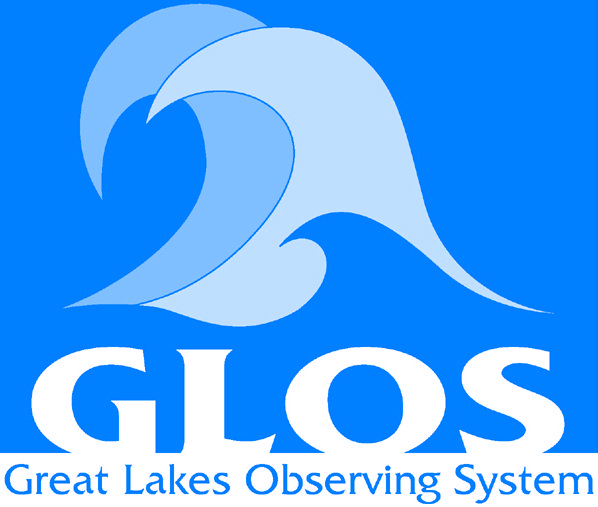
When GLOS was in its infancy, Kelli began working out of a small office in Nickel’s Arcade in downtown Ann Arbor. GLOS supported a handful of buoys across the region and was beginning to build shared data infrastructure that would allow the region’s disparate observing systems to share NOAA-certified data with the public.
Over the next decade, Kelli served at GLOS as director, then CEO in 2014, building up the organization, bringing on more staff to better provide data services, and growing a partner network beyond the small group of researchers GLOS initially supported.
In 2019, Kelli, along with Cleveland Water Alliance and Council for the Great Lakes Region, brought together Great Lakes stakeholders to form the Smart Great Lakes Initiative (SGLi). Kelli personally invited the majority of the partners to join, confident that our big idea would resonate with them.
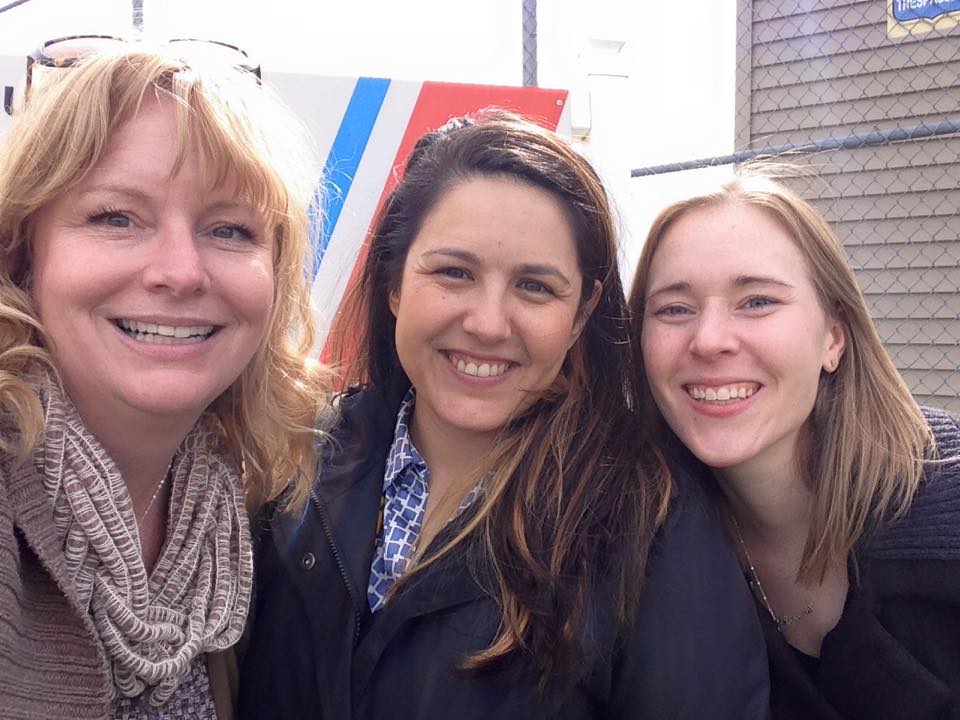
The big idea was to together advance technology applications that would improve our understanding, use, conservation, and management of the Great Lakes. Kelli’s leadership of the initiative has proven effective with the release of the Common Strategy for Smart Great Lakes in October 2021, which laid out 10 goals, as set by the over 70 partner organizations from the U.S. and Canada.
Throughout her time at GLOS, Kelli’s big ideas sought to bring diverse communities together to reach common ground, align efforts, and maximize limited resources. Without her drive and excitement for Smart Great Lakes, this work on a common strategy may have never happened.
To address the absence of Indigenous voices in the SGLi, Kelli encouraged Trent University partners to apply for a Smart Great Lakes mini-grant. This funding provides support for a project aimed at understanding if there is a need and interest in a parallel Indigenous-led SGLi.
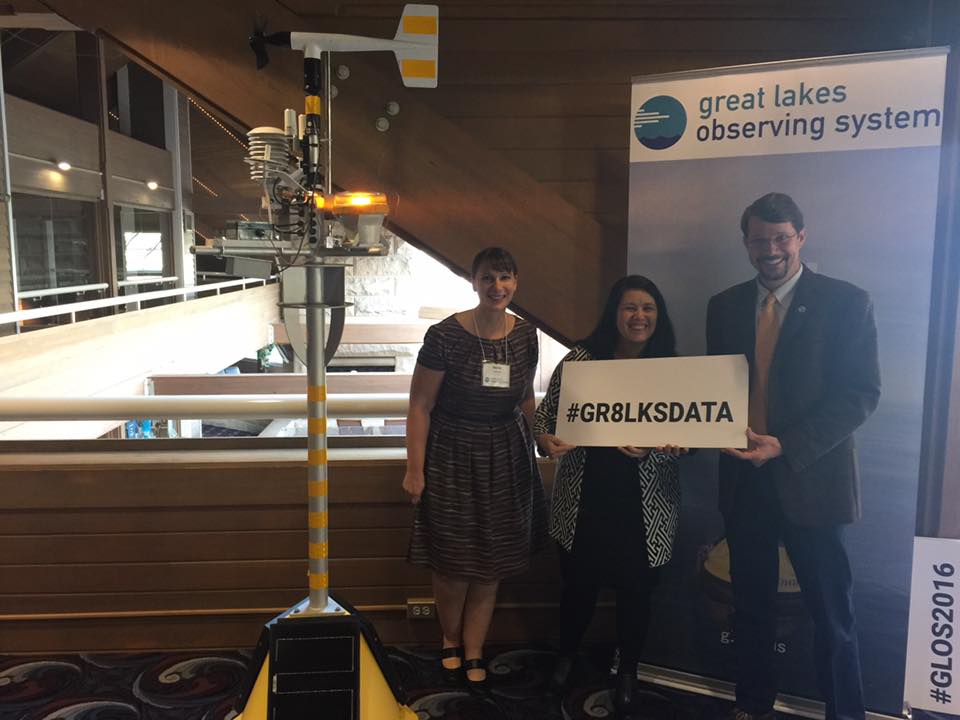
Kelli cared deeply for measurable impacts and practical strategies. In 2017, when user survey results showed a large majority of those accessing data via GLOS were non-scientists who needed the information to understand the water and stay safe, Kelli led the team to factor their needs into the design of data products.
Kelli worked to keep GLOS laser-focused on a regionally relevant, stakeholder-centric model of doing business. She wanted to create public interest technology that could serve as reliable virtual infrastructure for a changing freshwater region.
One of the results was Seagull, our Great Lakes data platform launched in the spring of 2022. Kelli supported the vision that Seagull be simple enough for nonscientists to use, powerful enough to serve the research community, and scalable enough to support the region’s growing observing capacity and changing information needs.
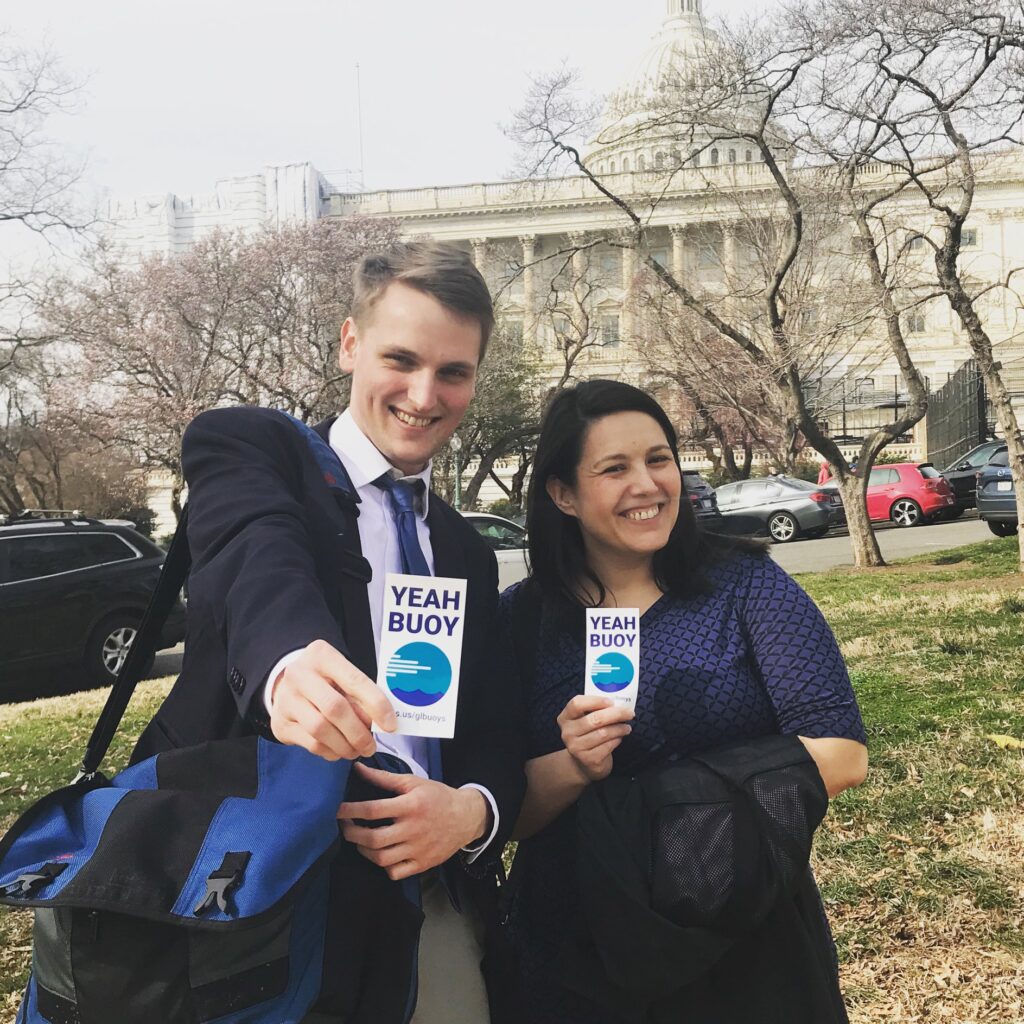
While being flexible and responsive to the region’s needs, Kelli is also steady. When others around her were ready to jump ahead with a quick fix, if Kelli felt the time wasn’t right, she would say “I think that’s premature.” But when the time was right, she jumped.
Besides leading within the region, Kelli led within IOOS, putting forward the unique needs of the Great Lakes and advancing how a regional association manages monitoring data with next-generation, cloud-based technology. Kelli pushed the IOOS community to think in more practical, user-centric ways and to lean into a diversity of projects, partners, and approaches to today’s ocean and Great Lakes data needs.
Kelli’s leadership was shaped by the challenges she overcame, including times people overlooked her or failed to give her the benefit of the doubt. Her passion was for making systemic change for women and those underrepresented within the Great Lakes observing community, as she shared during the 2022 JASM conference, at an event titled “Leading for Change: How Women in Science are Overcoming Adversities.”
Kelli led in her own way, working to elevate and empower staff. She continuously provided opportunities for staff to present their work internally and externally, lead conversations and initiatives, and speak their mind when the organization reached crossroads. She encouraged staff to “manage up” when needed and take ownership of successes and failures. She modeled this behavior by taking risks, not always doing what is expected, and creating space for others to succeed.
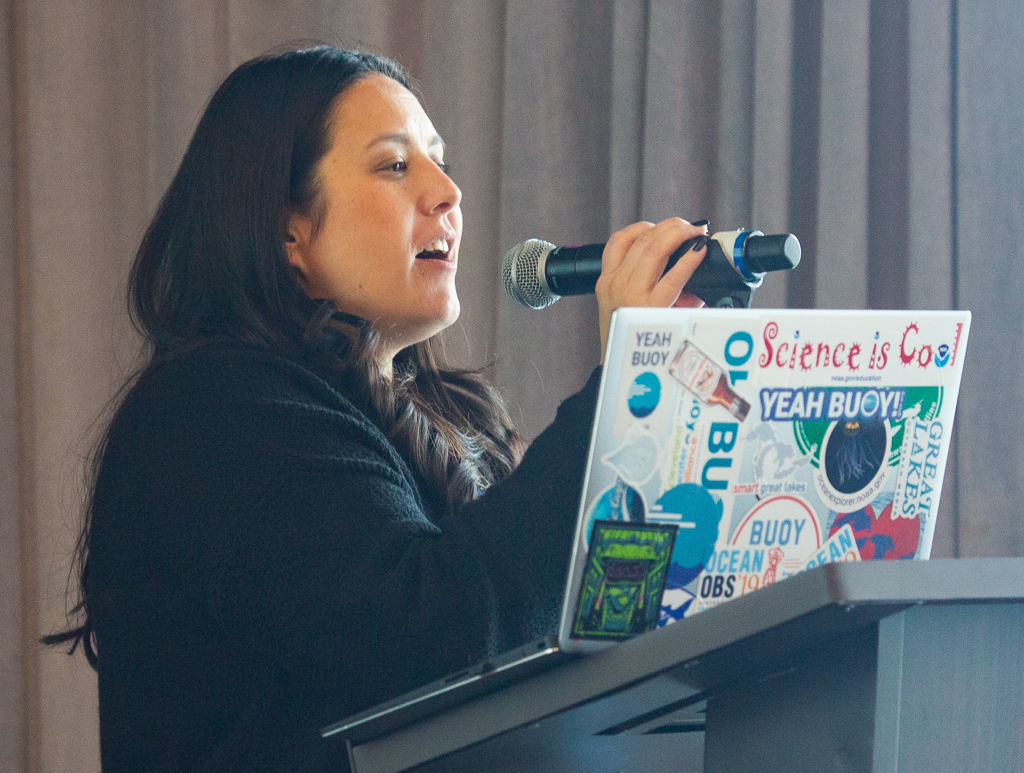
She talked frequently about running our own race, focused on the change desired and, where possible, avoiding getting wrapped up in politics. Ultimately, Kelli made things happen.
We on staff wish her all the best in her next chapter!